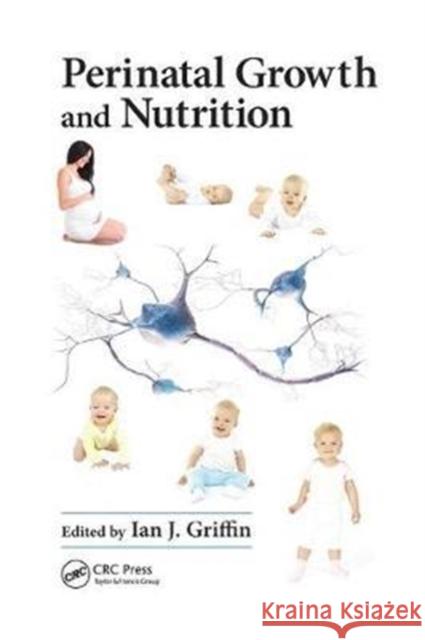Perinatal Growth and Nutrition » książka
Perinatal Growth and Nutrition
ISBN-13: 9781138033689 / Angielski / Miękka / 2017 / 342 str.
Perinatal Growth and Nutrition
ISBN-13: 9781138033689 / Angielski / Miękka / 2017 / 342 str.
(netto: 384,74 VAT: 5%)
Najniższa cena z 30 dni: 377,75
ok. 16-18 dni roboczych.
Darmowa dostawa!
Preterm infants grow poorly after birth and very commonly develop ex utero growth restriction (EUGR). However, the risks and benefits of catch-up growth in preterm infants must be weighed, and evidence addressing this warrants examination. Perinatal Growth and Nutrition explores the reasons for EUGR and the long-term effects on developmental outcome and on metabolic risks. It provides clear information on the risks and benefits of faster post-natal growth and catch-up growth in preterm infants and offers tools for better assessment of growth and earlier identification of faltering growth.
This book is divided into three sections. The first section covers advances in preterm infant growth standards, diagnosis and causes of EUGR, and assessments of preterm infant diets. The second section considers the extensive human literature on the effects of in utero and ex utero growth restriction and catch-up growth on long-term metabolic outcomes such as obesity, insulin resistance, type 2 diabetes, and cardiac disease and long-term neurodevelopmental outcomes including cognition. It also examines evidence for the effect of growth on these outcomes in term and preterm infants.
The final section of the book considers ways to reduce the incidence of EUGR in preterm infants and when EUGR does occur, to optimize catch-up growth. Topics include assessment of dietary requirements of the diverse population of preterm infants, examination of tools for prescribing nutrition to neonatal intensive care unit patients, consideration of whether to customize or generalize nutrient intake, and fortification of human milk. In addition, the last chapter proposes using a Z-score growth chart for improved interpretation of growth data."











